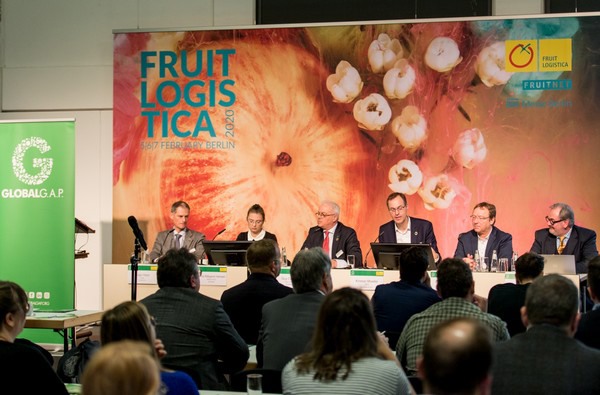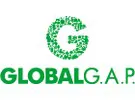For GlobalGAP, 2020, is a year for major revisions to its flagship Integrated Farm Assurance (IFA) standard. A world-wide series of outreach events called the World Consultation Tour will gather input and feedback for the new version from farming communities in several countries.
Simplification for growers and an increased focus on sustainability are to be achieved by digitalizing certification processes and including more elements of customized, science-based risk assessments. Furthermore, a suite of modules shall give farmers choices and make it easier for them to respond to their individual market and customer requirements.

"Beginning with our first standard draft more than 20 years ago, we have always followed our philosophy of reducing and ultimately avoiding any unnecessary duplication within our farm assurance programs," said Kristian Moeller, CEO of GlobalGAP. "But only now is the technology available to make major steps towards improving the user experience for farmers."
"The newly enlarged Board with truly global representation has called for placing the focus on simplification without compromising integrity," said Guy Callebaut, Chairman of the GlobalGAP Board. "Only when farmers embrace the standard throughout their daily operations can they achieve the targeted level of trust which consumers demand."
During the news conference, three new Board members shared their views and expectations. They also presented GlobalGAP solutions and further plans for strengthening sustainable good agricultural practices, especially within the following standards and modules:
- Sustainable Program for Irrigation and Groundwater Use (SPRING)
- TR4 Biosecurity add-on
- Food Safety Modernization Act Produce Safety Rule (FSMA PSR) add-on
- GLOBALG.A.P. Risk Assessment on Social Practice (GRASP)
- GLOBALG.A.P. Farm Sustainability Assessment (GGFSA)
- Primary Farm Assurance (PFA)
A major step towards increased digitalization and usability are the new direct connections with which service providers can access the GlobalGAP database. Pilot projects for such interfaces with AgriPlace and QLBS were presented at the conference. Furthermore, innovations such as vertical farming and controlled environment farming are leading the industry into a new digital era. And as these new technologies become viable in the fruit and vegetables sector, the GlobalGAP standards will keep pace as well by collaborating and aligning the consultation process.
The overall demand for IFA certification is still growing – 209,400 producers around the world use the GlobalGAP system, which represents a 4.6% increase from the previous year.

 GlobalGAP
GlobalGAP